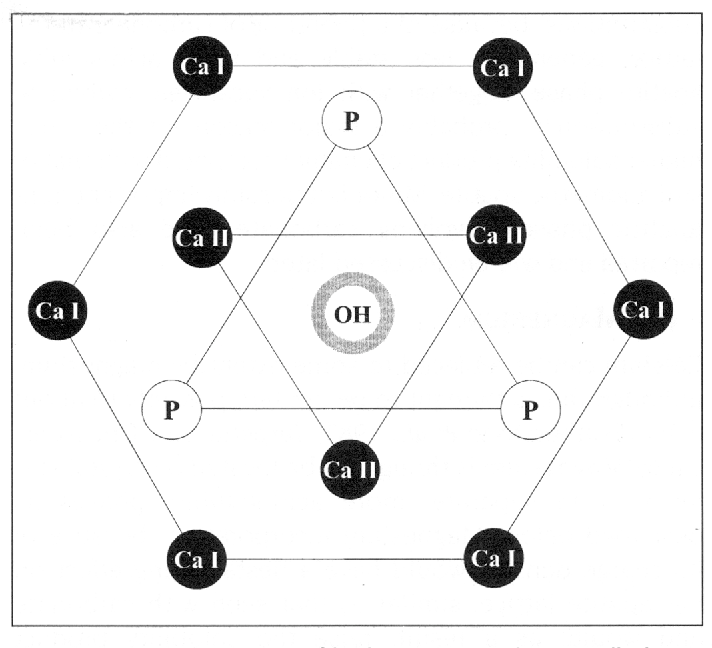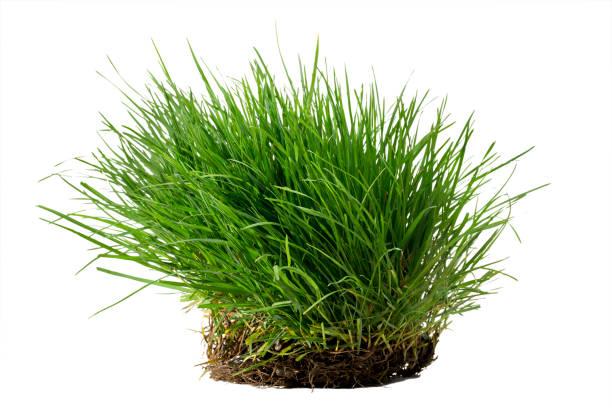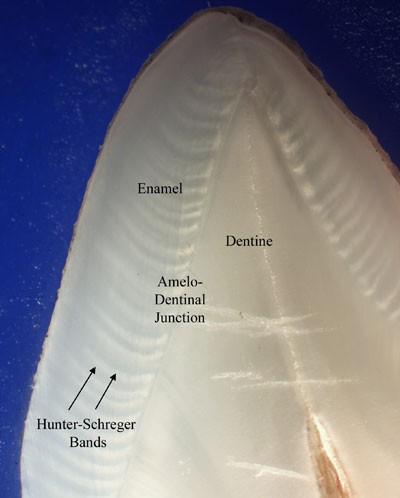Instructions for Side by Side Printing
- Print the notecards
- Fold each page in half along the solid vertical line
- Cut out the notecards by cutting along each horizontal dotted line
- Optional: Glue, tape or staple the ends of each notecard together
Conservative(2-Enamel)
front 1 Whats the clinical crown | back 1 The visible portion if the enamel above the gum thats you can see with your bare eye, not including the deeper enamel, dentin or pulp |
front 2 Why can't the enamel regenerate after eruption | back 2 Because the Ameloblasts are lost/ died as the tooth erupts |
front 3 How thick is the enamel generally in incisors | back 3 In the incisal edge is 2mm thick |
front 4 How thick is the enamel generally in premolars | back 4 In the cusps is 2.3-2.5mm thick |
front 5 How thick is the enamel generally in molars | back 5 In the cusps is 2.5-3mm thick |
front 6 In which part of the mandibular molars is the enamle the thickest | back 6 In the buccal cusps |
front 7 In which part of the maxillary molars is the enamle the thickest | back 7 In the palatal cusps |
front 8 Whats the organic matrix of enamel made of? | back 8 4-12% of water, 1-2% protein |
front 9 Whats the inorganic part of the enamel made of | back 9  By volume 90-92% Symmetrically repeating Hydroxyapatite(calcium phosphate) crystals |
front 10 How many rods are there in mandibular incisors | back 10 5 million |
front 11 How many prisms are there in molars | back 11 12 million |
front 12 How big is the diameter of enamel rods near the DEJ | back 12 4 microns |
front 13 How big is the diameter of enamel rods on the surface of enamel | back 13 8 microns |
front 14 What affects the color of the tooth | back 14
|
front 15 what affects enamel translucency | back 15 mineralization and homogeneity of enamel |
front 16 What enamel structural features act as pain receptors in the enamel | back 16 Enamel Spindles |
front 17 Where do enamel tufts get their names from | back 17  from grass tuft |
front 18 How high can Enamel Tuft get | back 18 they can reach as high as the one third(1/3)-half(1/2) the enamel thickness |
front 19 Why are Enamel Tuft considered weak spots | back 19 they're made mostly of proteins and not so much inorganic compounds(hydroxyapetite crystals) which make them easier to break |
front 20 What role do Enamel Tuft considered play in the enamel | back 20 they distribute stress throughout the enamel |
front 21 What are Enamel lamella | back 21 hypominarlized parts of the enamel that contain mostly water and proteins that didn't turn to crystals, they extend throughout the enamel till they reach DEJ, sometimes they even penetrate it |
front 22 What is Gnarled enamel | back 22 they are the twisting of enamel rods around each other to strengthen the enamel especially when they reach the cusps or incisal ridge |
front 23 What is Hunter-Shreger bands | back 23  they are light and dark bands that appear when reflected light hits the enamel, the light bands are bands aligned in one direction while the darker bands are aligned in different directions |
front 24 What is the Salivary pellicle made from | back 24 mucoproteins(proteins that help to make mucus) and sialoproteins (proteins that help to make saliva) |
front 25 What are Dental plaques made from | back 25 Microorganisms that mix with Salivary Plaques |
front 26 What happens if you don't remove Dental Plaques | back 26 after eating the bacteria in the dental plaques metabolize the sugar stuck on the surface of the plaques which results in making acids, that acid with the dental plaques will turn into dental carries and periodontal diseases and the picture(dental calculus(tartar)) |
front 27 What causes mineralization of Enamel | back 27 intentional or pathogens |
front 28 Which part of the enamel is more soluble | back 28 the deeper you go the weaker the enamel gets because of less density |
front 29 How to make the teeth less sensitive to acid attacks | back 29 by taking fluoride(F-) whether topically(toothpastes that contain fluoride) or systematically(medications) |